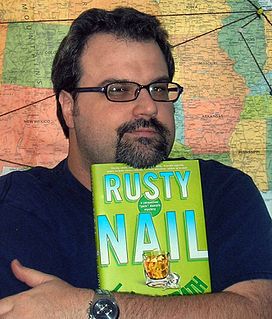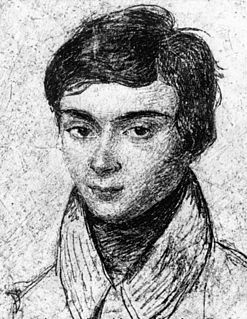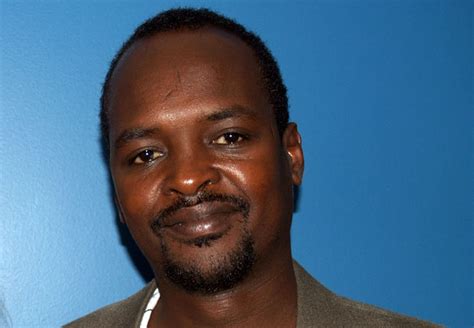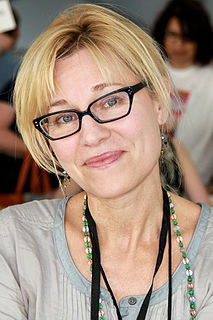A Quote by William Goldman
One way an author dies a little each day is when his books go out of print.
Related Quotes
The current publishing scene is extremely good for the big, popular books. They sell them brilliantly, market them and all that. It is not good for the little books. And really valuable books have been allowed to go out of print. In the old days, the publishers knew that these difficult books, the books that appeal only to a minority, were very productive in the long run. Because they're probably the books that will be read in the next generation.
When you fight, you don't fight for abstract values like the flag, or the nation, or democracy. You fight for your buddy. You fight to keep him alive, and he fights to keep you alive, and you go on that way, day after day, battle after battle. And when one of your buddies dies, something inside you dies as well. But you go on. You fight, so that his death isn't meaningless, his sacrifice isn't for nothing.
The reason why so few good books are written is, that so few people that can write know anything. In general an author has always lived in a room, has read books, has cultivated science, is acquainted with the style and sentiments of the best authors, but he is out of the way of employing his own eyes and ears. He has nothing to hear and nothing to see. His life is a vacuum.
Don't wait until you die to learn the warrior's way. Do it now, each night, just before you drift off to sleep. As you review your day, consider these two questions of courage and love. Learn from each day, so that each day you can show a little more courage and a little more love. Then, as incidents occur, you may rise to the occasion and look back at the end of your life and feel good about the way you lived.
There was an author who titled his books by days of the weeks and another one that used colors. Then there was Edward Gorey who wrote the book The Gashlycrumb Tinies, about the untimely death of 26 Victorian children, each representing a letter of the alphabet. I thought what a great way to link the titles.
The author with the greatest influence on me is my friend Stephen Harrigan, who critiques everything I write before I even bother to show it to my agent or editor. He's a truly great writer - author of Gates of the Alamo and other books you might know of, and his instincts about what's working in a story, and what's not, are just about perfect. My books would be very different without his influence.







































